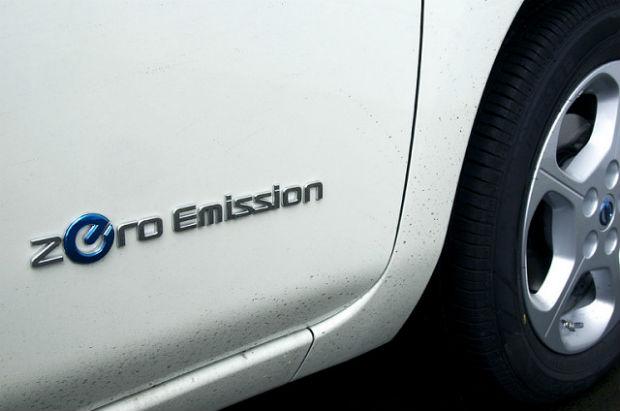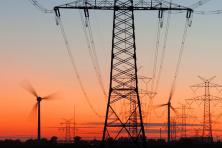We’re breathing a sigh of relief in Oregon. Together with our partners in the Renew Oregon coalition, we succeeded in protecting the Clean Fuels Program from attacks from the fossil fuel industry, while also securing an important electric vehicles incentive.
The transportation package (House Bill 2017), just passed by both chambers of the legislature in bipartisan votes, maintains the state’s commitment to clean fuels. Legislators declined to alter the program in ways that posed serious risk of halting it in its tracks, as pushed for by the petroleum lobby. Instead, they incorporated consumer protections that were already part of rulemaking discussions at the Department of Environmental Quality, including a reasonable cap on the cost of credits.
Oregon’s Clean Fuels Program has been a major target of attacks by the fossil fuel industry ever since its inception, and no wonder: By promoting both electric vehicles and renewable fuels, it has started to create cracks in fossil fuel companies’ monopoly over our transportation fuels. In its first year, the program has already reduced climate pollution equivalent to taking 164,000 cars off the road this year.
With transportation emissions responsible for over one-third of Oregon’s climate pollution, cleaner fuels and electrification play an essential role in reducing greenhouse gas emissions. They also provide other benefits by signaling to clean energy businesses that Oregon is ready for their investment and jobs and improving air quality.
We also succeeded in securing a new incentive for buying hybrids and electric vehicles (EVs). The bill allows a $2,500 rebate for new EVs and $1,500 for new hybrids that cost less than $50,000. Despite having one of the best charging networks in the country, Oregon currently has no state incentive to buy electric vehicles (unlike Washington and California). A rebate to help people buy or lease an electric vehicle is one the most effective ways to accelerate the large-scale shift needed in our transportation sector.
The transportation package also includes an unprecedented investment in transit service – a major win for Oregonians across the state – as well as investments Safe Routes to Schools and biking and walking trails.
Three major ways to reduce climate pollution from transportation are cleaner fuels, transitioning to electric vehicles, and increasing safe and reliable options for getting around by transit, walking, and biking. As the transportation package heads to the Governor’s desk for signature, it provides needed support for all three of these priorities.





